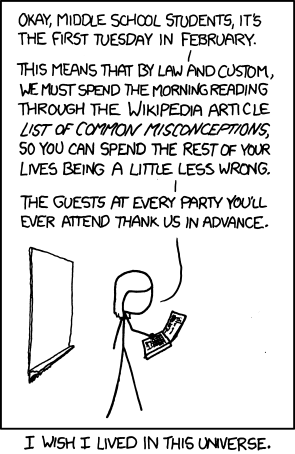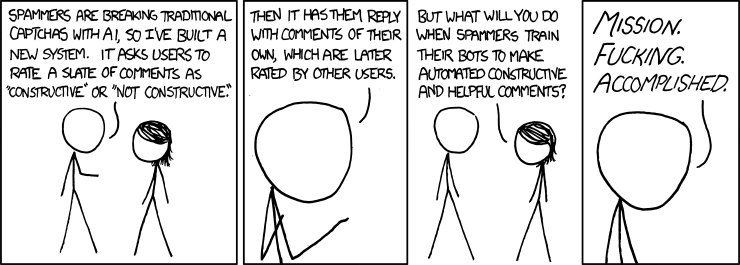Beginner’s Mind.
Mindfulness.
Reflective Practice.
As the New Year gets underway, I’m juggling ideas on how to push forward on several fronts including McGee’s Musings. All have to do with rebalancing the mix of new thinking, ongoing learning, and drawing on experience. They also all have to do with variations on the notion of doing the work and sharing it earlier than my internal critic would like.
Here’s a wonderful quote from Ira Glass of NPR’s This American Life that captures some of this:
Nobody tells this to people who are beginners, I wish someone told me. All of us who do creative work, we get into it because we have good taste. But there is this gap. For the first couple years you make stuff, it’s just not that good. It’s trying to be good, it has potential, but it’s not. But your taste, the thing that got you into the game, is still killer. And your taste is why your work disappoints you. A lot of people never get past this phase, they quit. Most people I know who do interesting, creative work went through years of this. We know our work doesn’t have this special thing that we want it to have. We all go through this. And if you are just starting out or you are still in this phase, you gotta know its normal and the most important thing you can do is do a lot of work. Put yourself on a deadline so that every week you will finish one story. It is only by going through a volume of work that you will close that gap, and your work will be as good as your ambitions. And I took longer to figure out how to do this than anyone I’ve ever met. It’s gonna take awhile. It’s normal to take awhile. You’ve just gotta fight your way through.
Ira Glass
This is drawn from an excellent interview with Glass on the topic of storytelling. Regardless of my experience or expertise in any area, I believe it’s important to keep what’s powerful about “beginner’s mind” and to keep the self-critic at arm’s length.
In our personal lives we tend to optimize for one of two things: input or output. Reading or writing. Consuming or creating. The environment we live in – the prevailing culture – by default is optimized for consumption. Even our personal computers are turning into devices that are optimized for consumption! This is terrible and dangerous.
…
If the world overwhelms you with its constant production of useless crap which you filter more and more to things that only interest you can I calmly suggest that you just create things that you like and cut out the rest of the world as a middle-man to your happiness?
So my primary goal for this coming year is to create more and to share it. I still will strive to exceed threshold levels of quality, but I’ll set the dial more towards “ship it” than to “make it perfect”. I trust my friends will help me adjust that calibration as we go.



 Bloglines is
Bloglines is